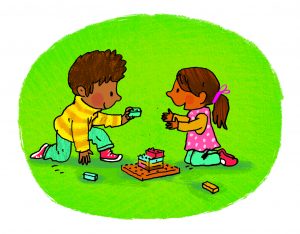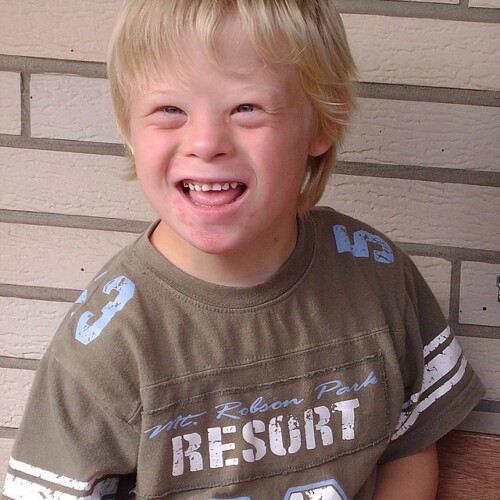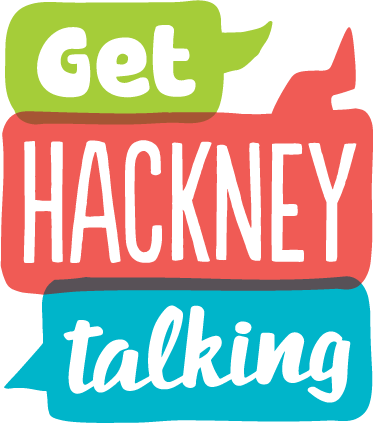Speech and Language profile of children with Down syndrome

Children with Down syndrome have unique strengths and needs. They will generally need more time to reach developmental milestones and they will need some additional support to learn new skills. The way the condition effects development, learning and health varies widely.
Many children with Down syndrome find it difficult to learn aspects of speech, language and communication. Some children experience severe problems whereas other children find it less difficult to develop language.
Speech sounds: Children may have difficulties speaking clearly due to low muscle tone. Signing can be a great way to support speech clarity.
Grammar: Learning grammar can be difficult as it involves processing sentences rather than single words.
Vocabulary: Vocabulary is understood slowly but steadily and becomes a strength. Children tend to understand more words than they can say. Structured vocabulary sessions can help your child to learn new words.
Attention and listening: Children may find it more difficult to listen due to hearing loss, difficulty with verbal short term memory, and being able to hear specific sounds.
Non verbal communication: Is considered a strength, specifically the use of gestures.
Learning: Children learn well when information is presented visually. This is because their visual memories are usually strong.
Social interaction: Children are often seen as keen communicators, but can benefit from strategies to support appropriate social interactions with others.
How can I support my child at home?
Be face-to-face with your child so it’s easier for them to observe you, to copy your speech and to gain their attention.
Talk to your child Talk slowly, use simple language and repeat if necessary to support memory. Emphasise the important words to support their ability to process words.
Follow their lead rather than directing them. They will be more likely to pay attention when you do this.
Encourage any type of communication including speaking, vocalisations, gestures, pointing, reaching and facial expressions
Use of visuals, gestures and signing Children with Down’s syndrome are visual learners. Provide a picture and/or use gestures to represent new words or concepts to support understanding
Give your child lots of experiences to talk about!
Eating and Drinking
Children with Down syndrome may have mealtime difficulties due to low muscle tone, respiratory problems, gastrointestinal disorders and cardiac issues.
Respiratory problems can impact on suck/ swallow/ breathe coordination, significantly increasing feeding difficulties. They can also change tongue patterns that impact on eating.
Cardiac issues can result in fatigue thus impacting an infant or child’s ability to finish feeding and take enough volume to support growth and development.
Children have increased risk of reflux and constipation.
Children are more at risk of swallowing difficulties, specifically silent aspiration (when food or drink ‘goes down the wrong way’ into the windpipe rather than the food pipe, without signs of difficulty like coughing).
Low muscle tone can result in reduced jaw strength and range of motion of the facial muscles, which may lead to problems with sucking, swallowing, lip closure, tongue protrusion, chewing and difficulty with food textures.
General strategies to help with mealtimes
- Sit fully upright for eating and drinking.
- Make sure your child’s bottom is right at the back of their chair.
- Reduce distractions as much as possible.
- Encourage your child to pause to swallow between mouthfuls/before you give the next mouthful.
- Avoid mixed consistencies (e.g. soup with chunks of food in).
- Follow recommendations from your speech and language therapist.
Down’s syndrome quick fact:
Down syndrome (also called Trisomy 21) occurs when a baby is born with an extra chromosome. It isn’t an inherited condition and usually occurs because of a chance happening at the time of conception. About one baby in every thousand in the UK is born with Down syndrome.
Children with Down syndrome in Hackney can access extra support from Speech and Language Therapists. Pre-school children can be seen by a Speech and Language Therapist in the Early Years Team and school aged children can be seen by their school’s link Speech and Language Therapist.
If you are worried about your child’s eating and drinking skills then contact your Speech and Language Therapist. They will be able to discuss your concerns on the phone, and arrange to see your child at home or school if needed.





